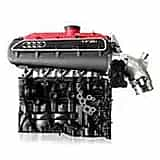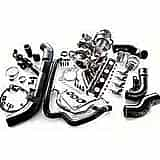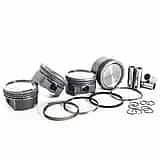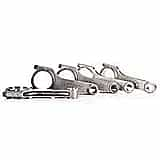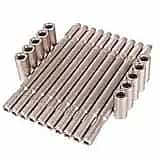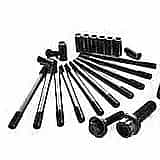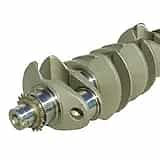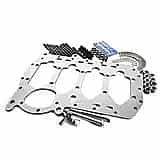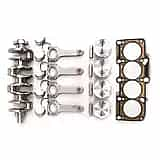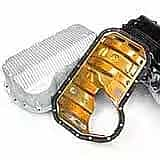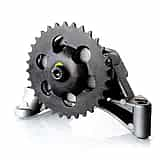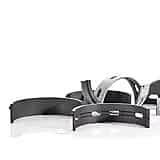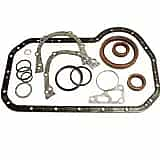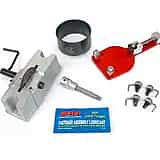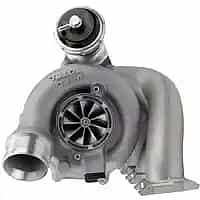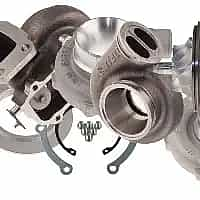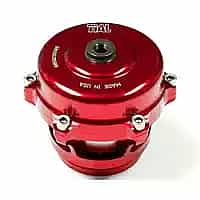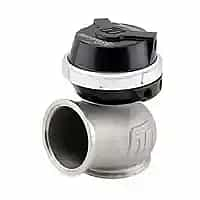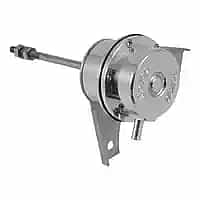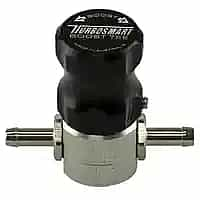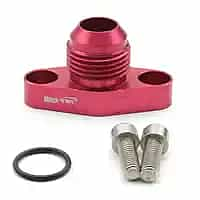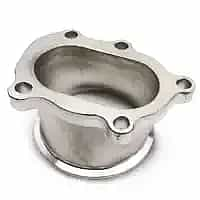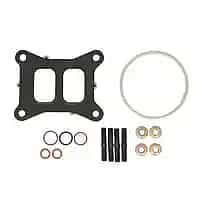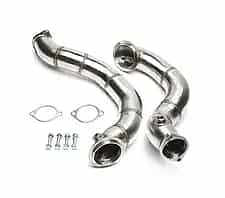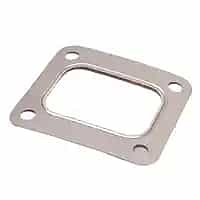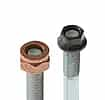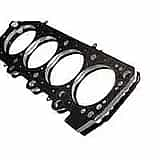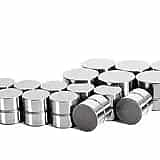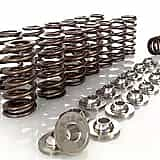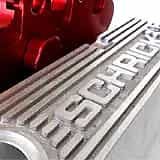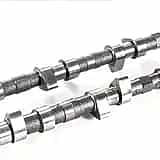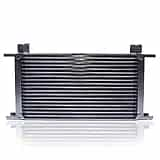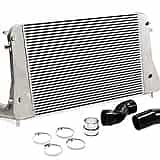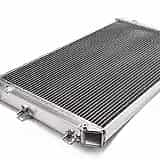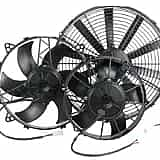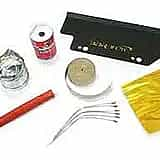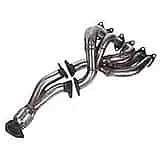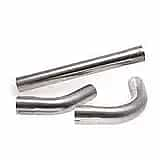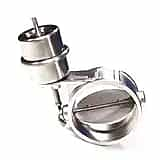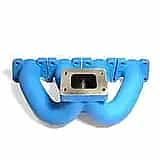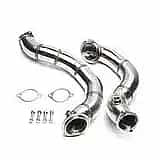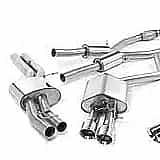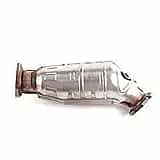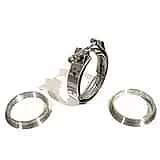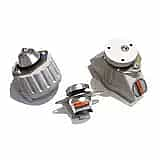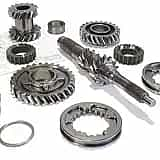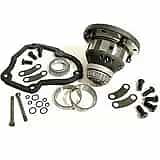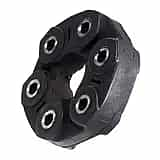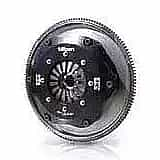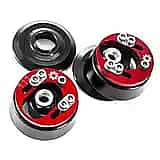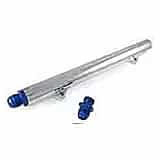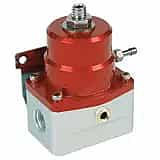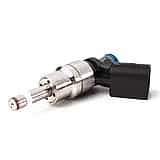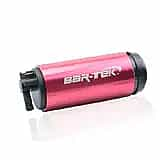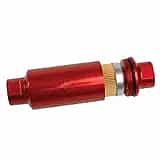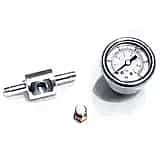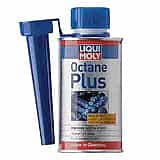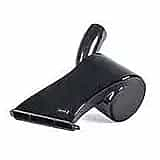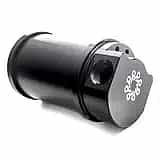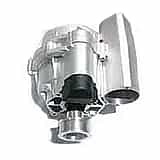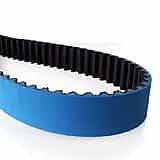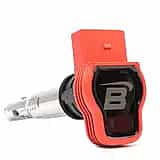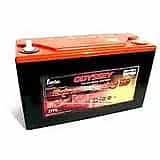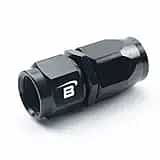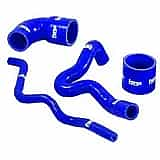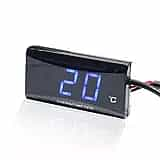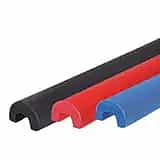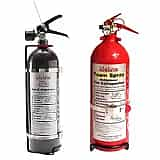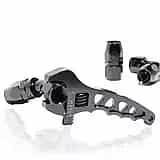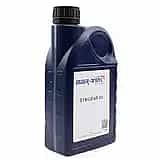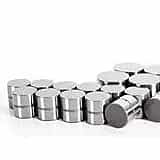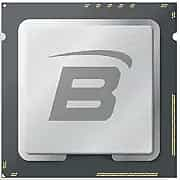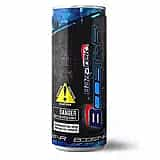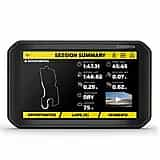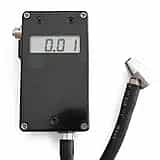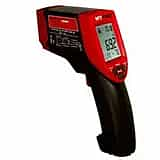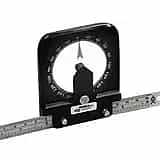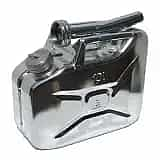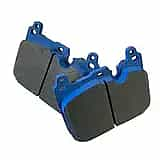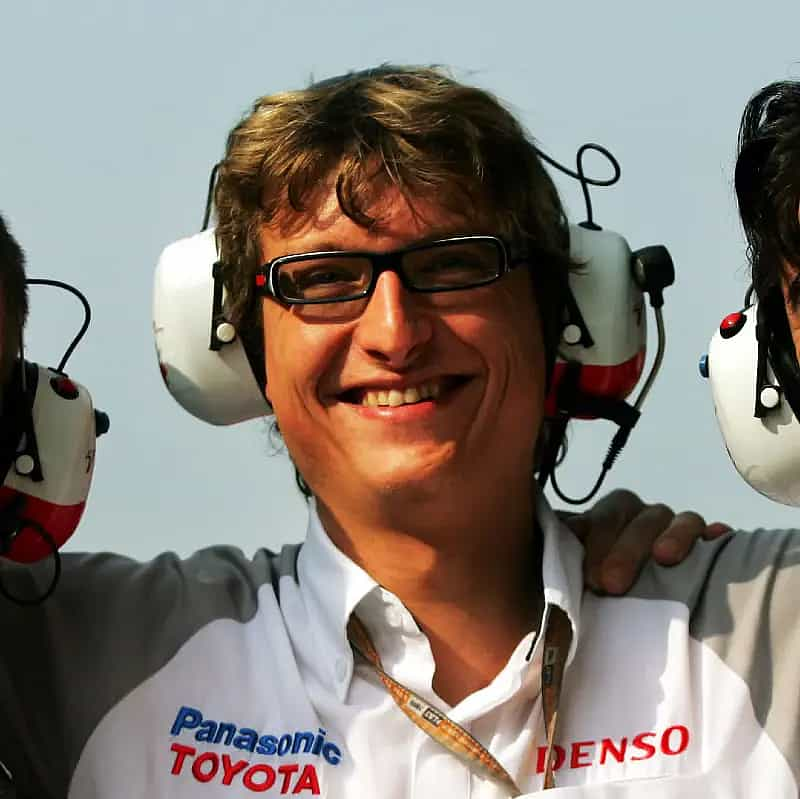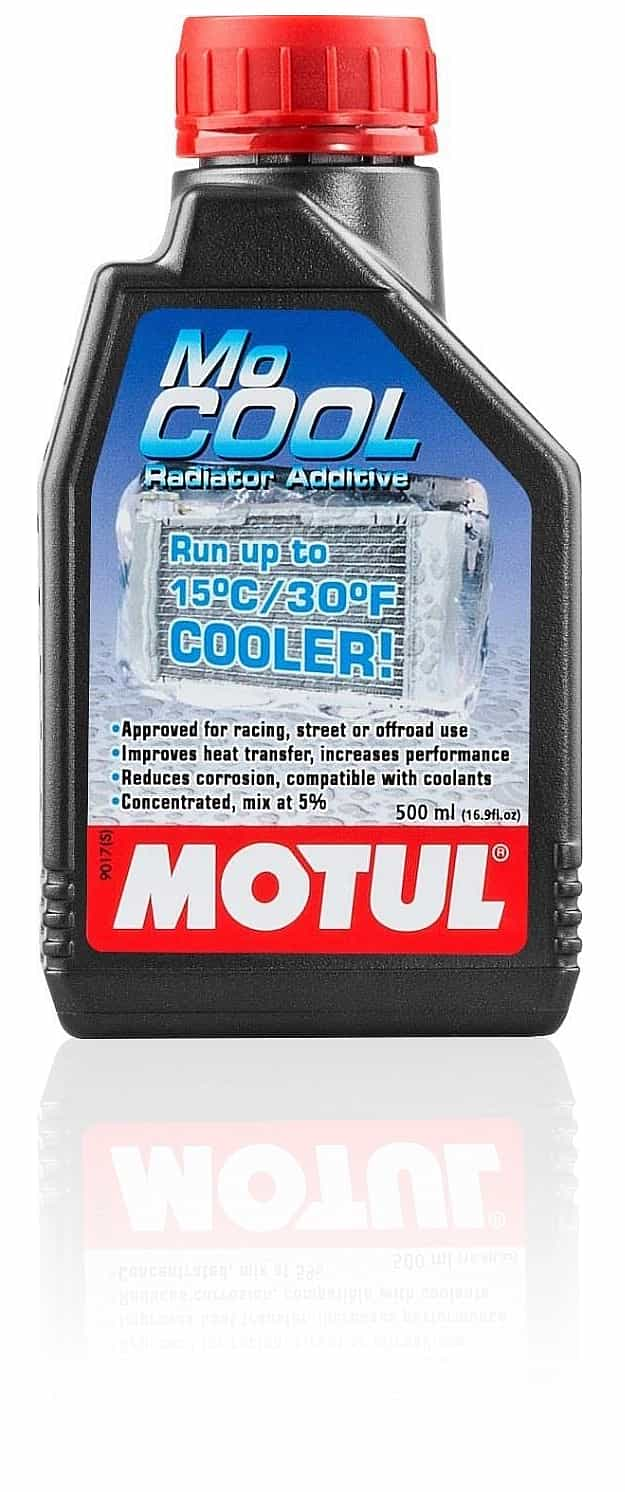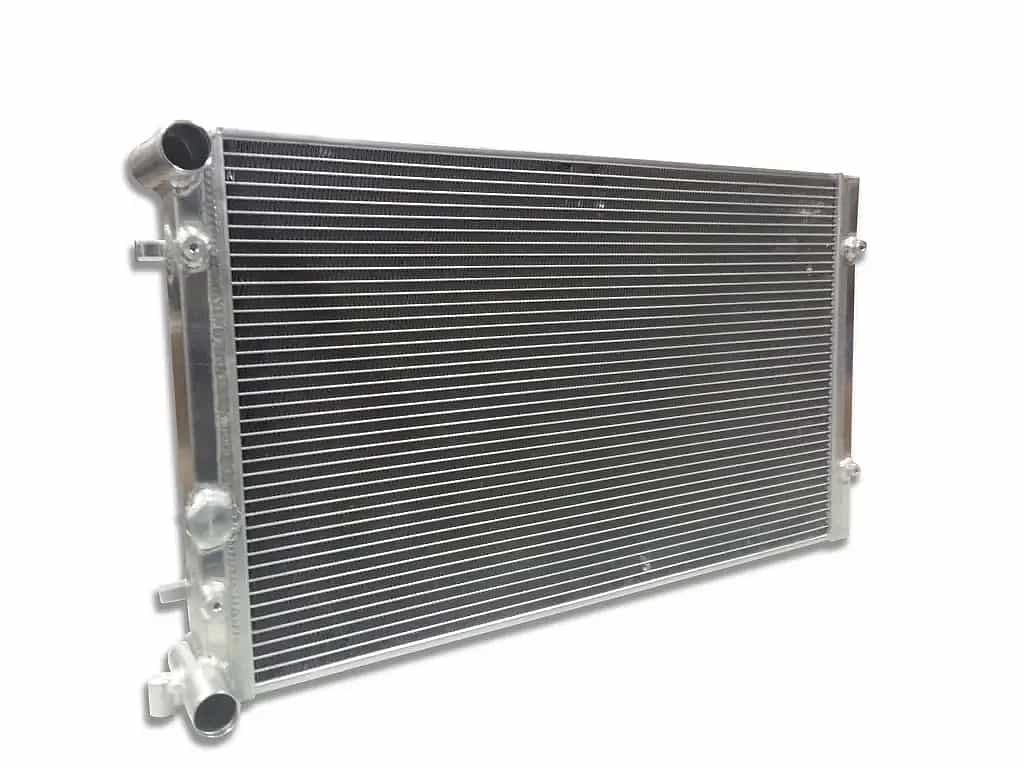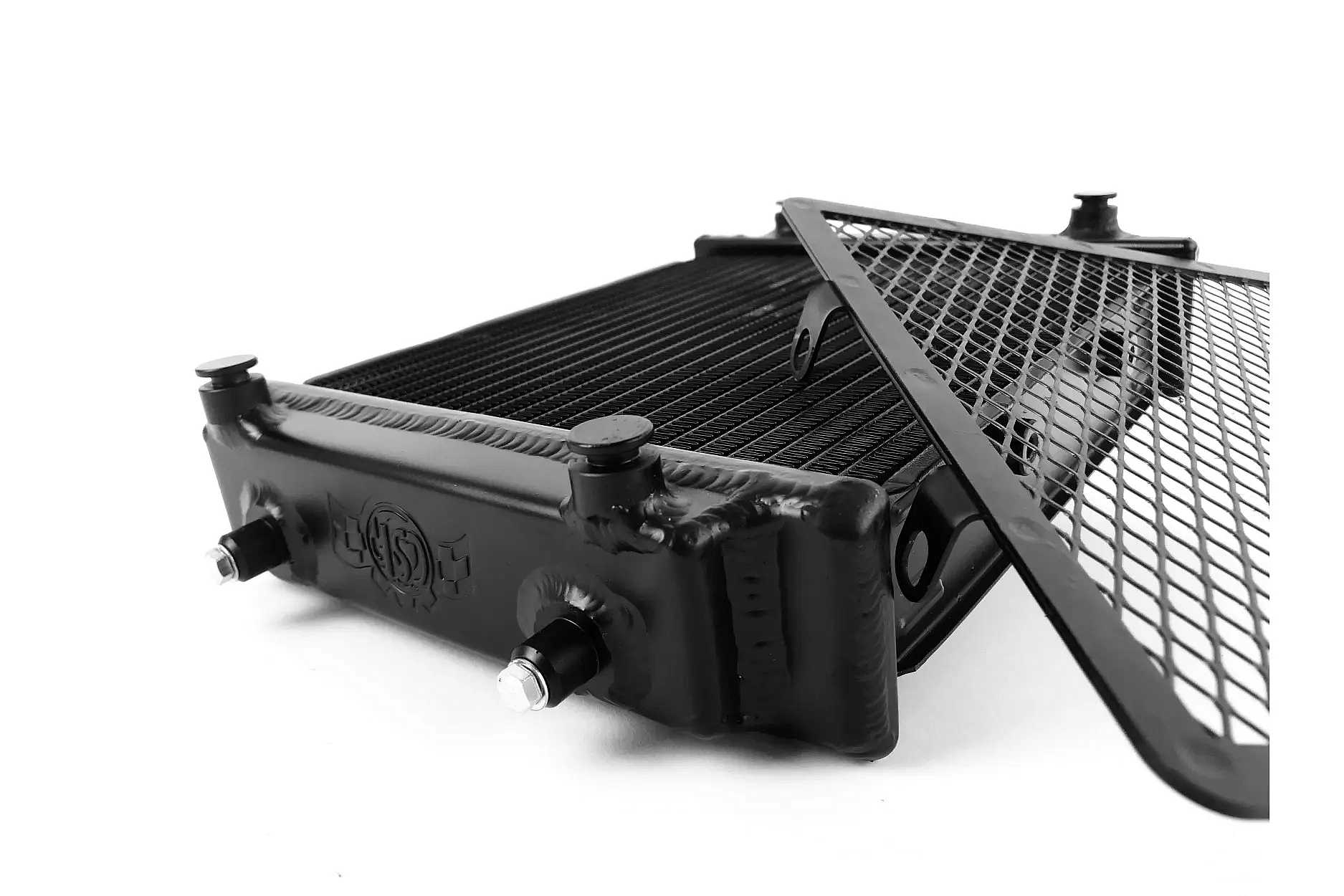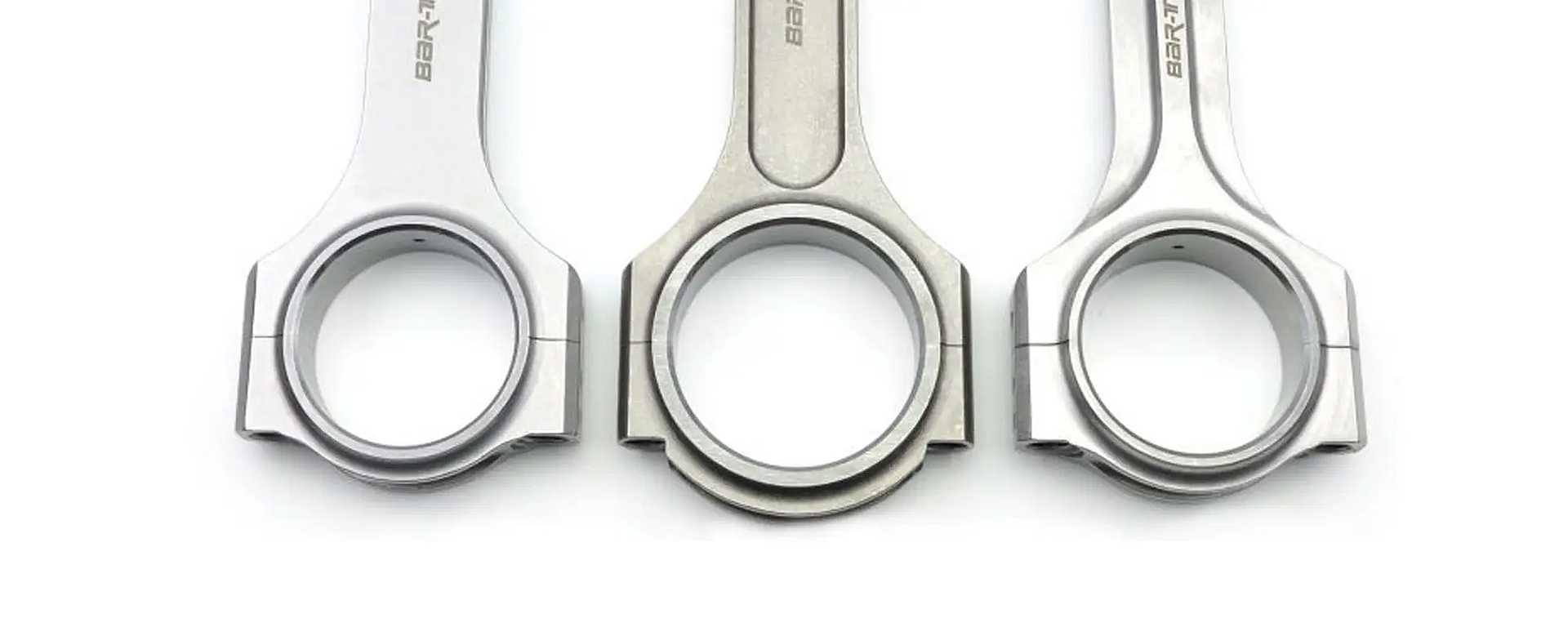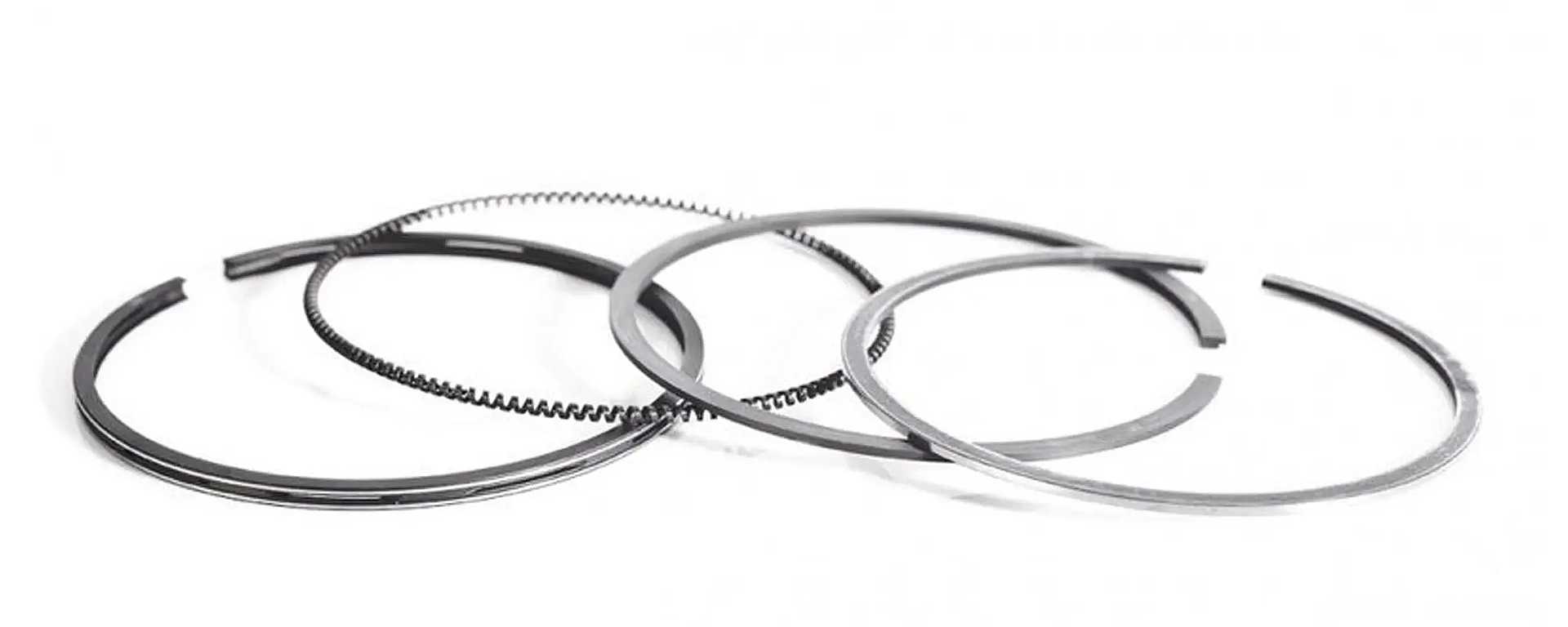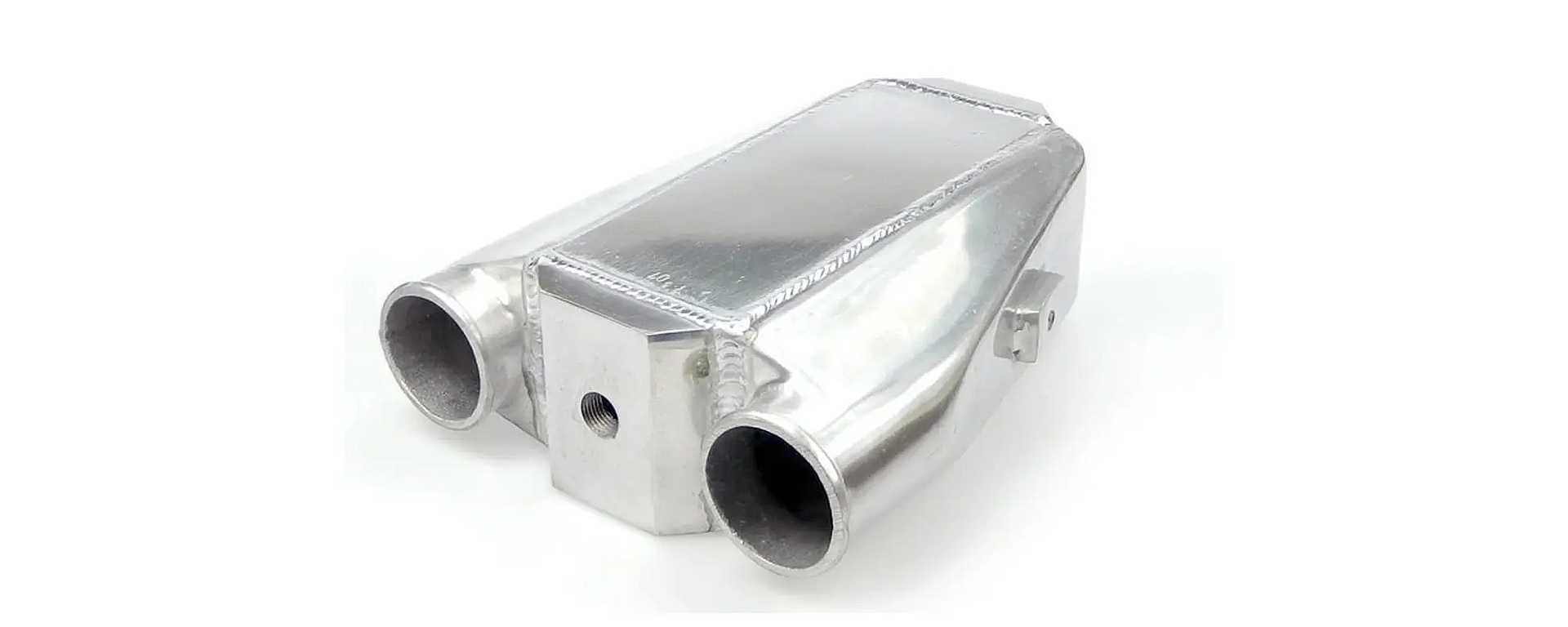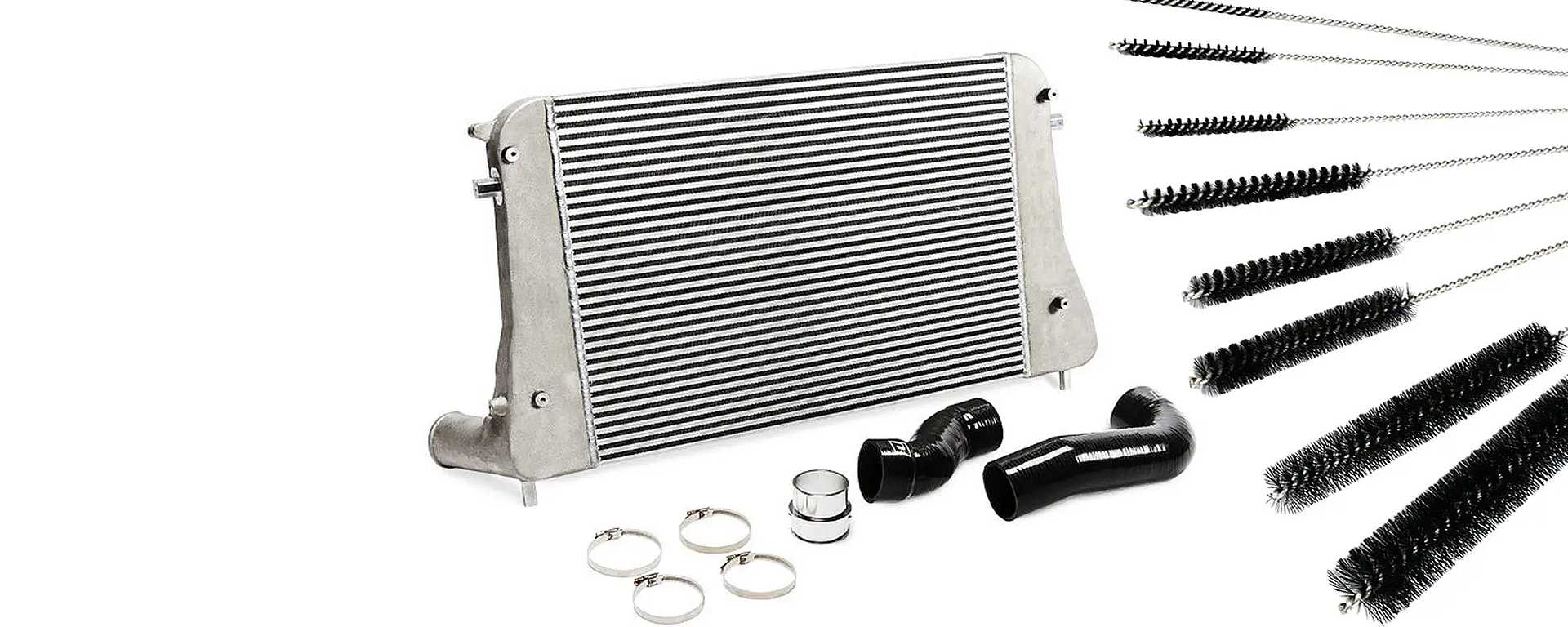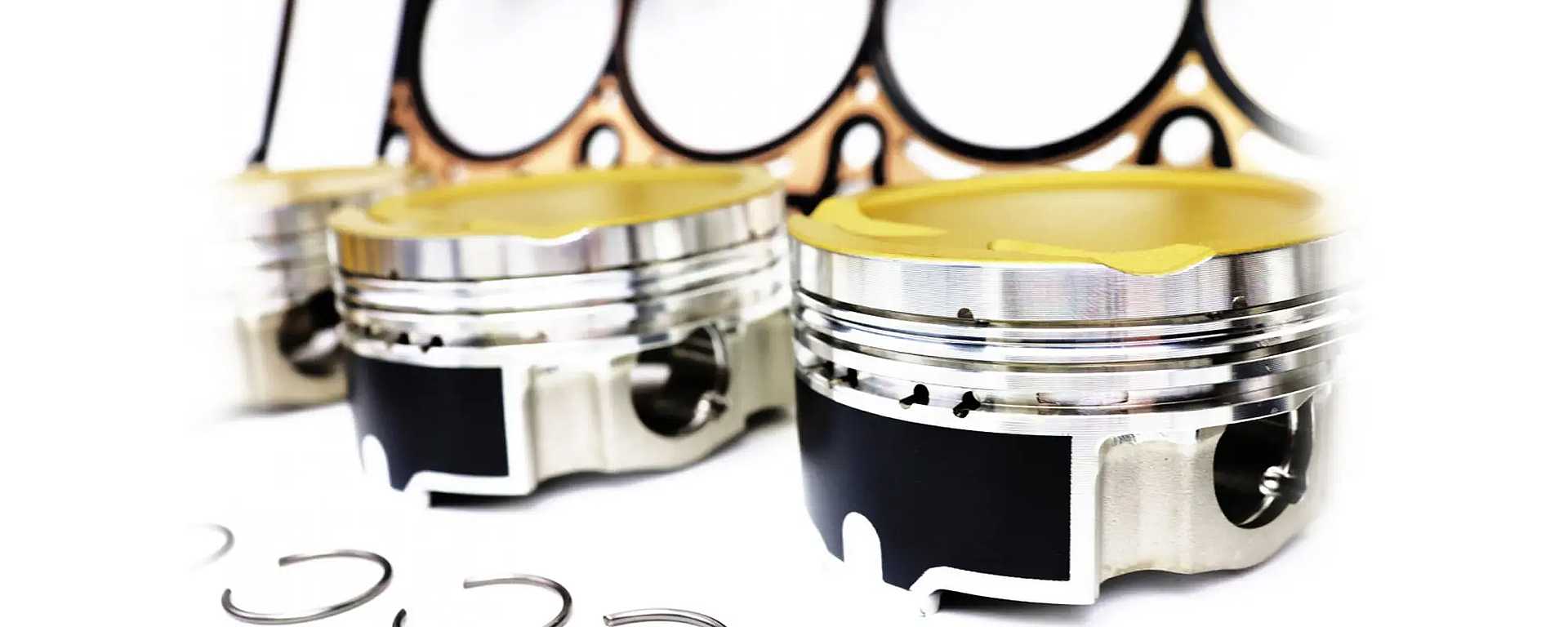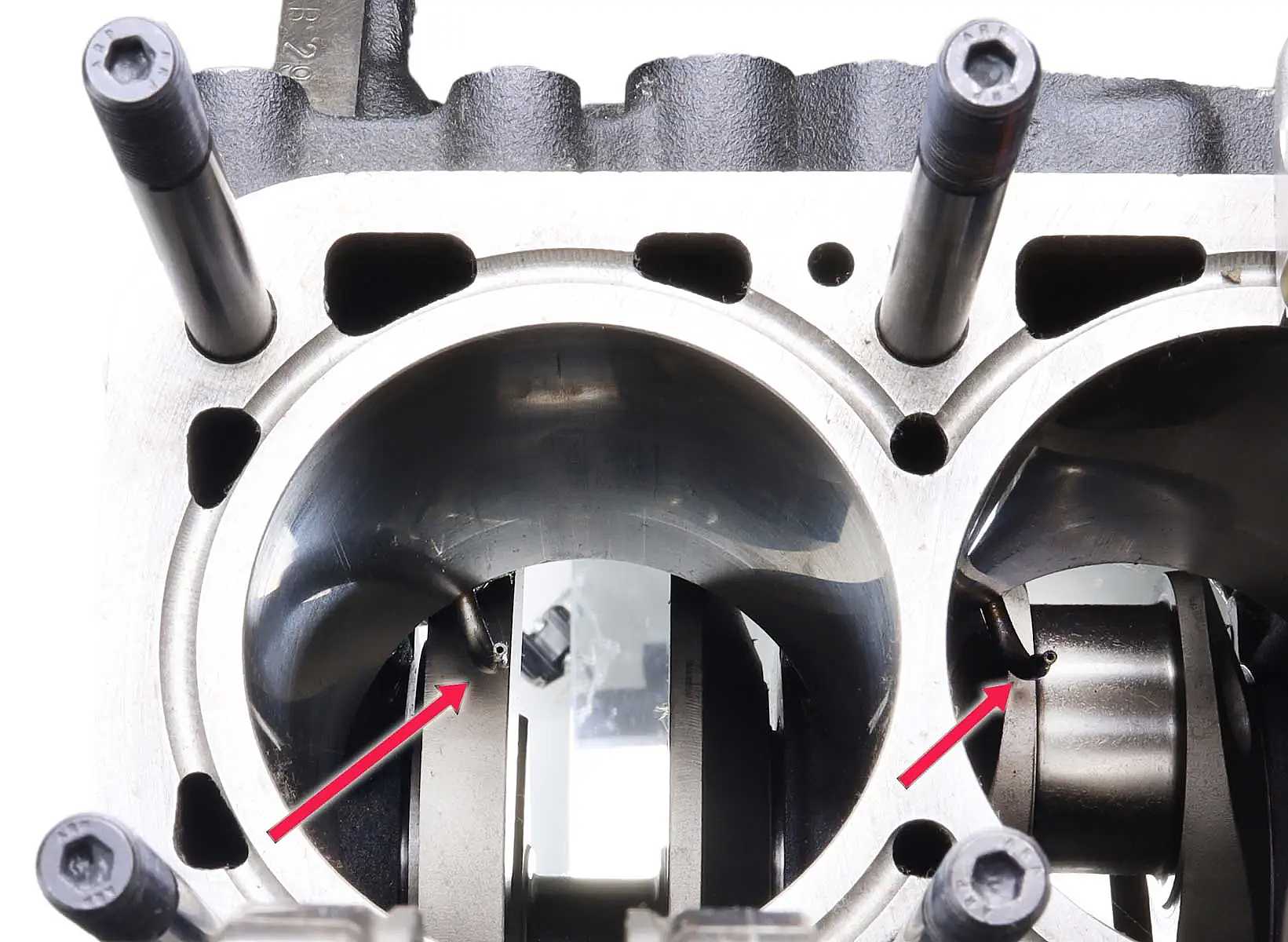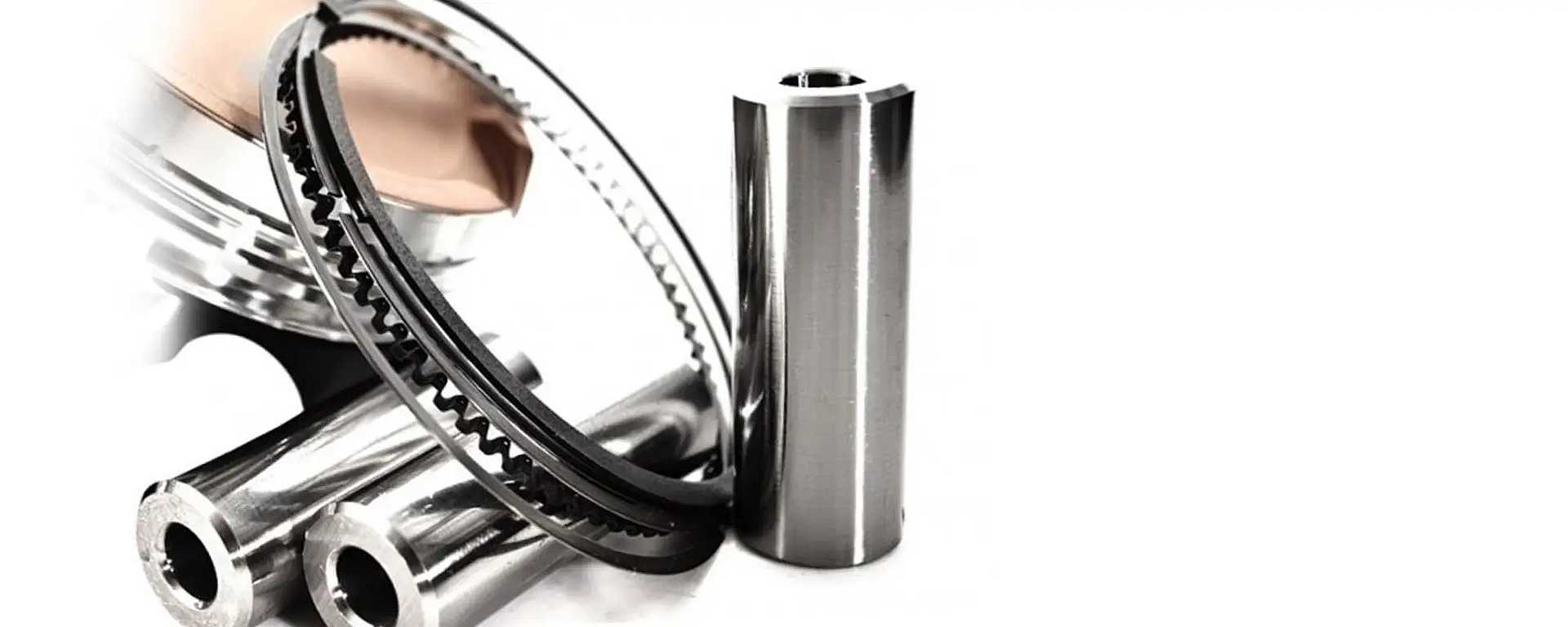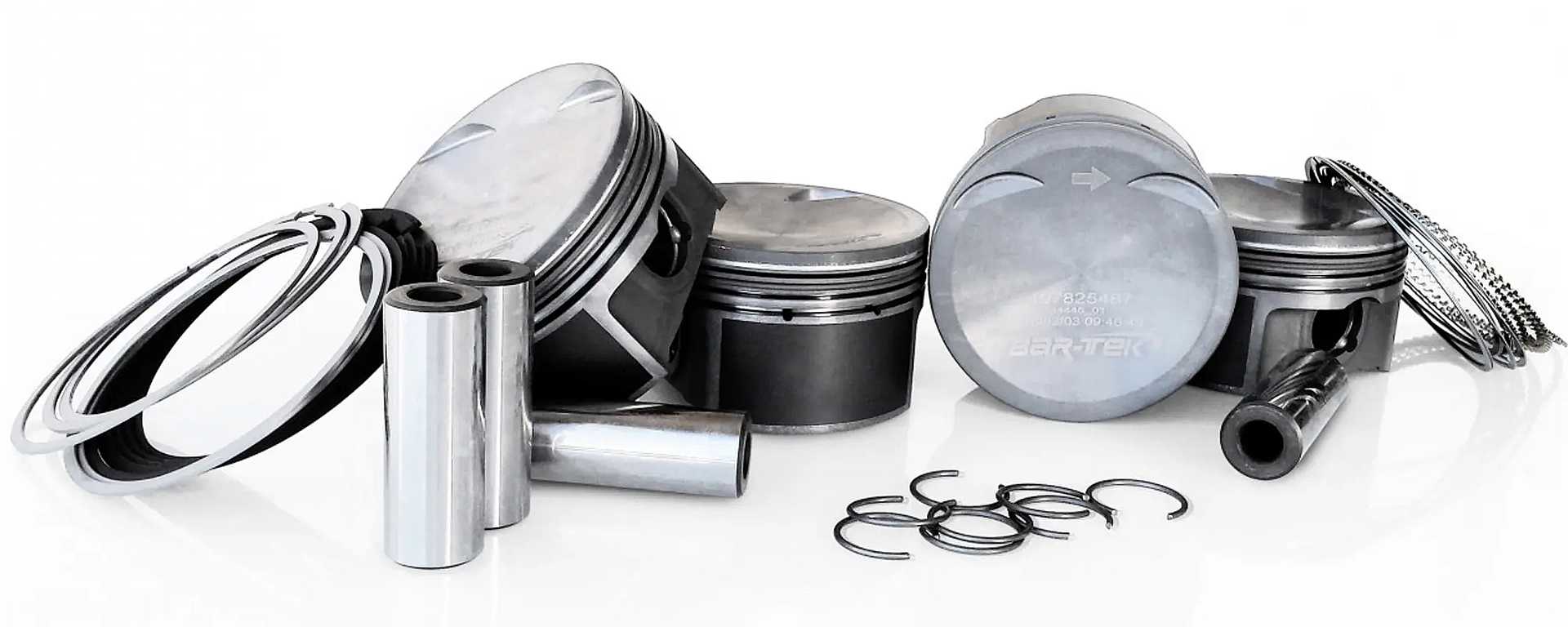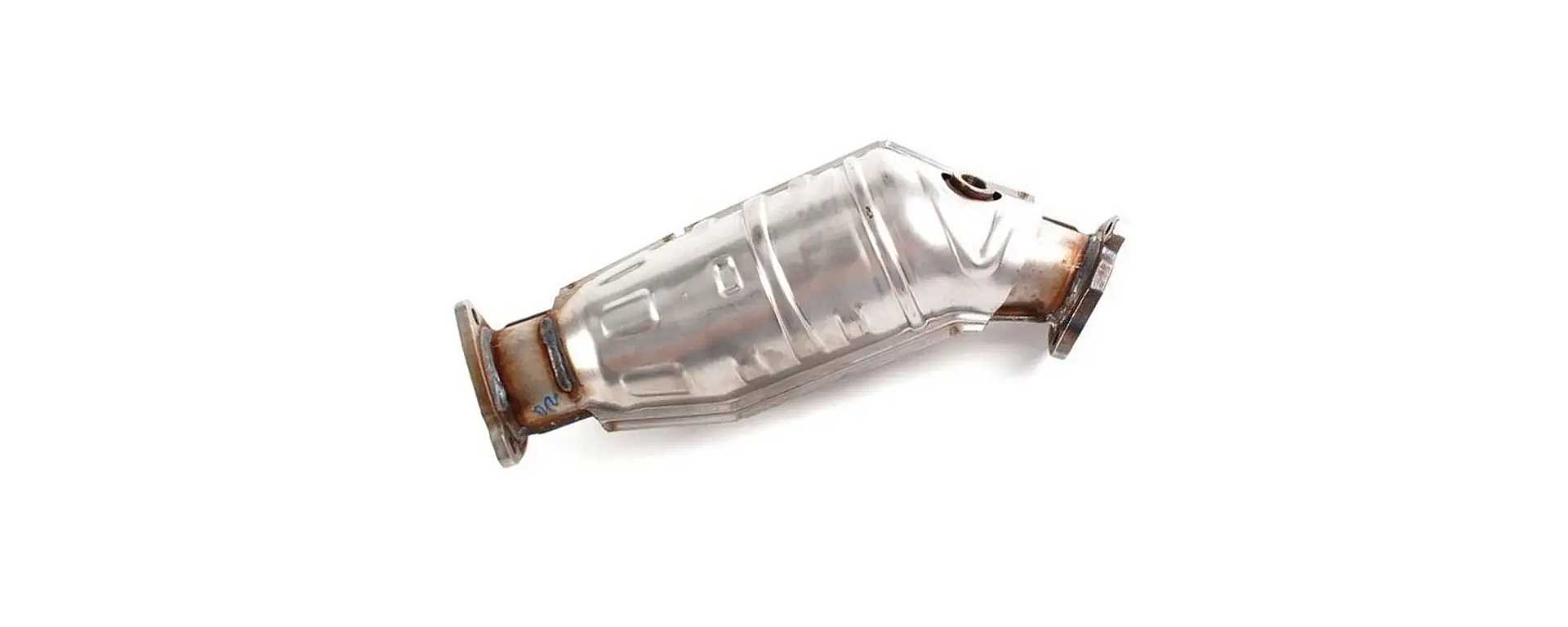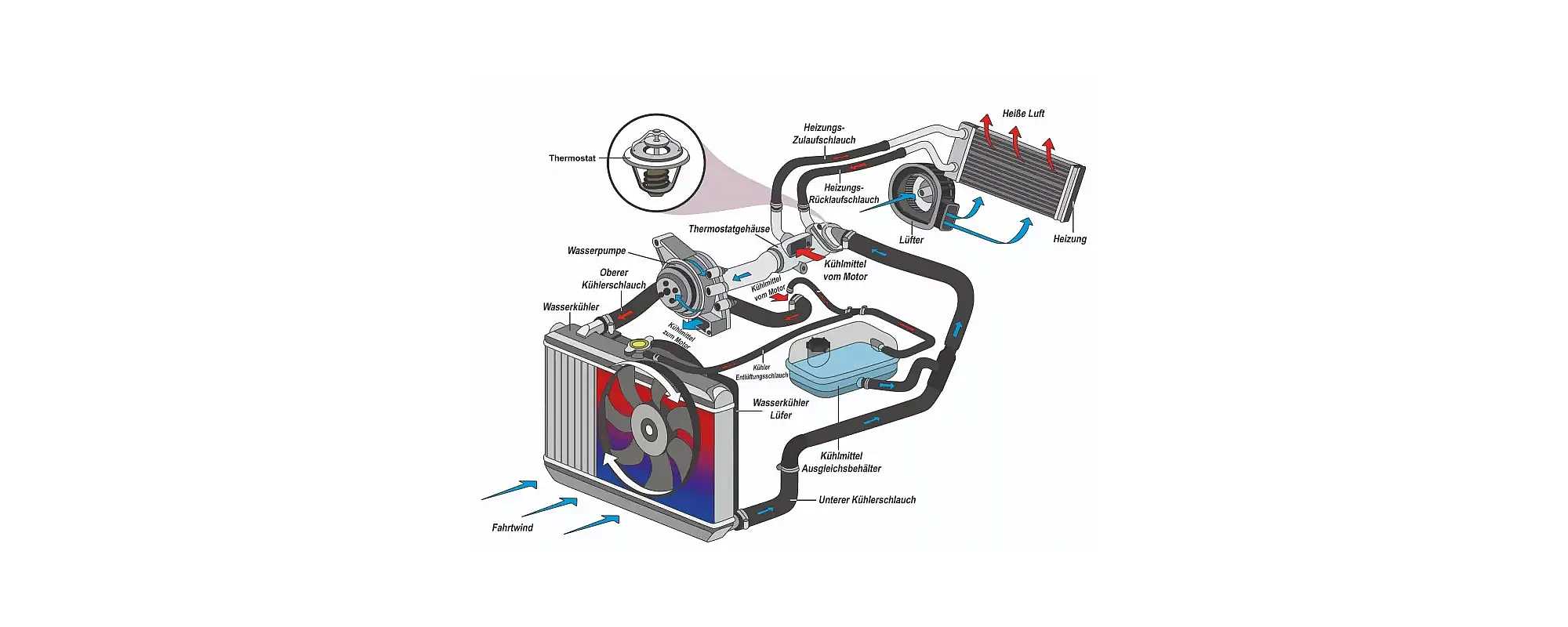

The optimal engine cooling in tuning
Engine cooling is one of the most important topics when we deal with engine tuning.
For motorsport enthusiasts and hobby tuners who like to add a few more HP, extreme performance can otherwise lead to serious problems. Here's everything you need to know to keep your engine cool!
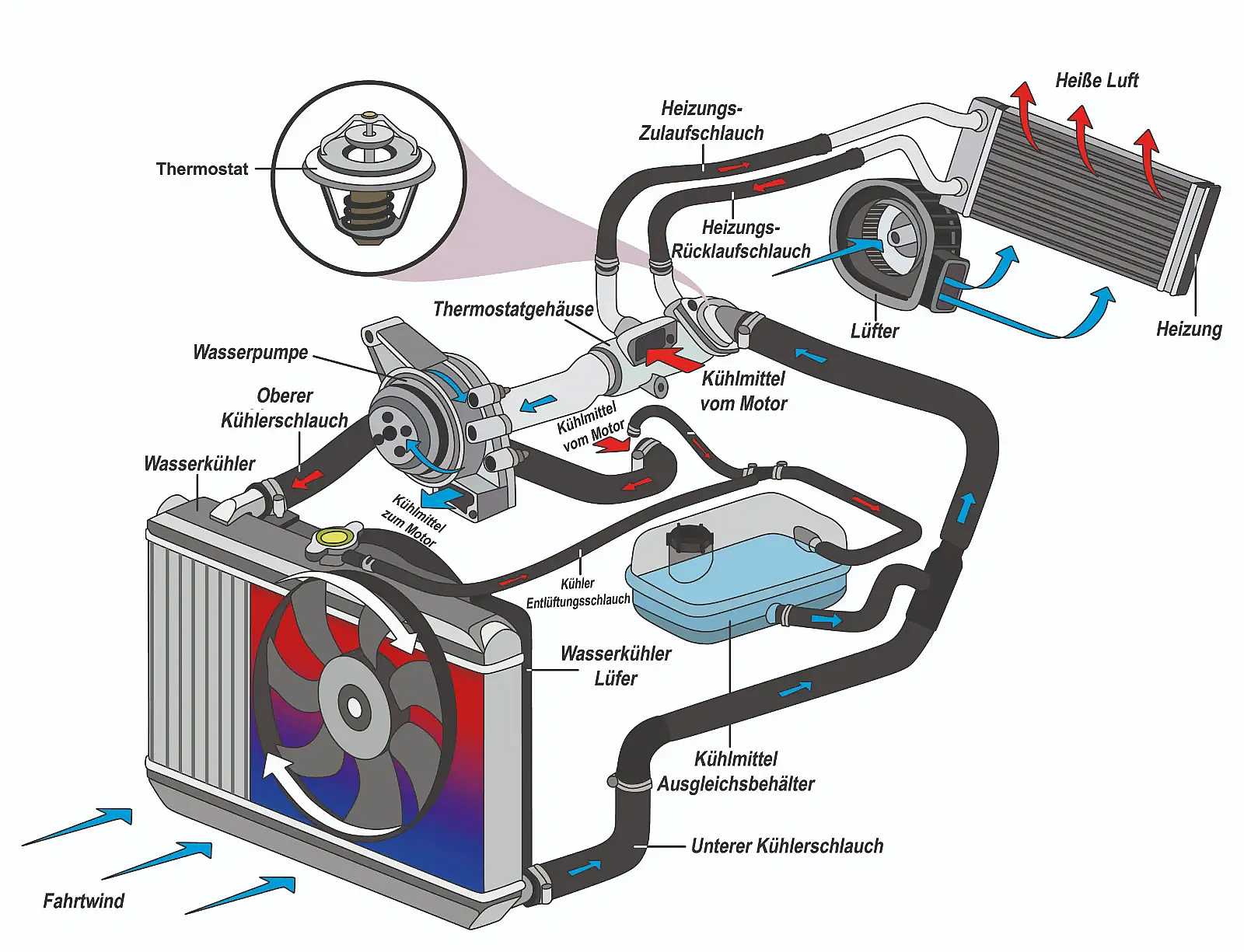
Why is cooling so important?
Cooling is essentially there to dissipate the heat generated during combustion. This is important so that the engine doesn't overheat and become damaged. This is especially essential for tuned engines, because more power is burned, more heat is generated and the parts are exposed to higher loads. Through optimal cooling, we also achieve above all that the engine can run more efficiently and the power does not fizzle out again. In addition, cooling also has a positive effect on fuel consumption and the driving experience. On top of that, we are doing something good for the environment because emissions are reduced. This is because cooling allows the engine to quickly reach its required operating temperature and maintain it for a long time. Combustion then runs most efficiently, resulting in fewer pollutants.
The advantages of an optimum cooling system at a glance:
- Protection of the engine from overheating
- Short warm-up time
- Efficient combustion
- Increased performance
- Low consumption
- Reduced pollutant emissions
How does engine cooling work?
Engine cooling is an ongoing process and its components form a closed system. Within this system flows the coolant, which is driven by a pump. The coolant consists of water, antifreeze and various additives and not only ensures optimum cooling, but also protects against frost in winter. Depending on the system, the pump is mechanical or electrical. The heat generated during combustion warms the engine components and is then transferred to the coolant. The coolant circulates and transports the heat to the water cooler, which cools the coolant again, removing the heat to the environment. The radiator can be assisted by fans (especially in high performance engines). Depending on whether these are installed before or after the radiator, you must pay attention here to a sucking or blowing direction. The whole process is monitored and controlled by a thermostat.
Ready to ship immediately!
Content: 0.5 Liter (€36.98* / 1 Liter)
What are the components of your engine's cooling system?
The water cooler for the coolant
The most important function of the system is of course the water cooler. In motorsport, this usually consists of a tube/fin system made of aluminium, as this has the optimum properties for extreme performance enhancement. They are lighter than the standard radiators made of plastic and much more robust. Here the heated coolant flows in and the radiator releases the heat to the outside air. The radiator cools the water down with the help of the air flow and the additional fans. Therefore, it is generally installed in the airflow of the front, but can be built differently (either the cooling water enters and exits from the side or above and below).
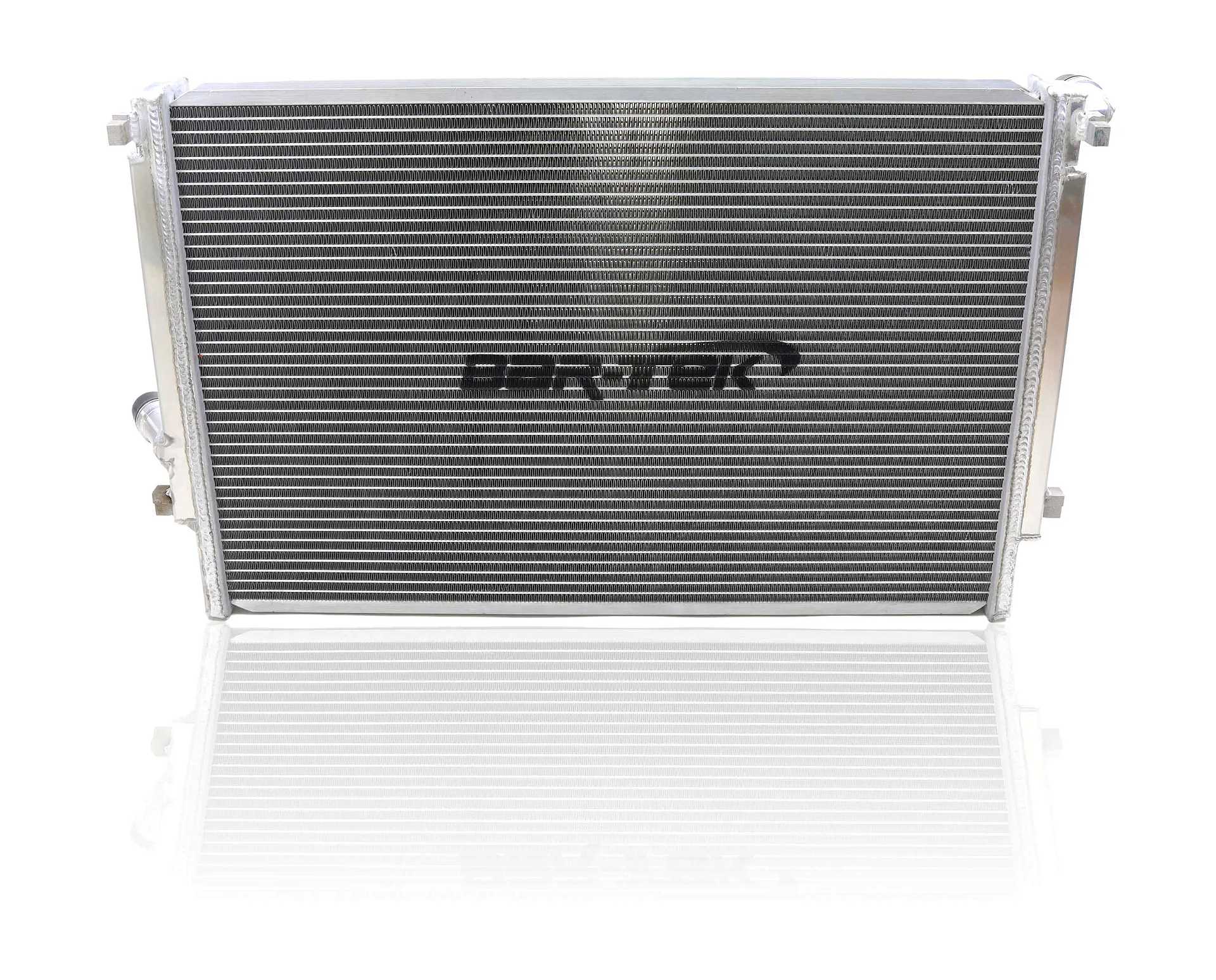
The expansion tank
The more blatant the power, the more heat during combustion and the more expansion of the coolant. This expansion also provides more pressure within the cooling system and this is where the expansion tank comes into play. This contains a valve built into the cap, which is used to relieve the pressure. To create the preset system pressure, the valve closes or opens accordingly. If the pressure drops to negative pressure, for example, the valve ensures that air flows into the tank.
The right fan for the water cooler
With extreme performance, you need the support of additional fans, also called radiator fans, in addition to the powerful radiator. These high-performance fans can be installed before or after the cooler and therefore have different "running directions". Either they suck the warm air away (sucking) or they blow the cold air towards the cooler (blowing). When choosing a fan, the radiator, its size, position, etc. must also be considered. It is important that it comes to a high rotational speed and thus has optimal cooling properties.
Ready to ship immediately!
Can be delivered in 5 to 8 days
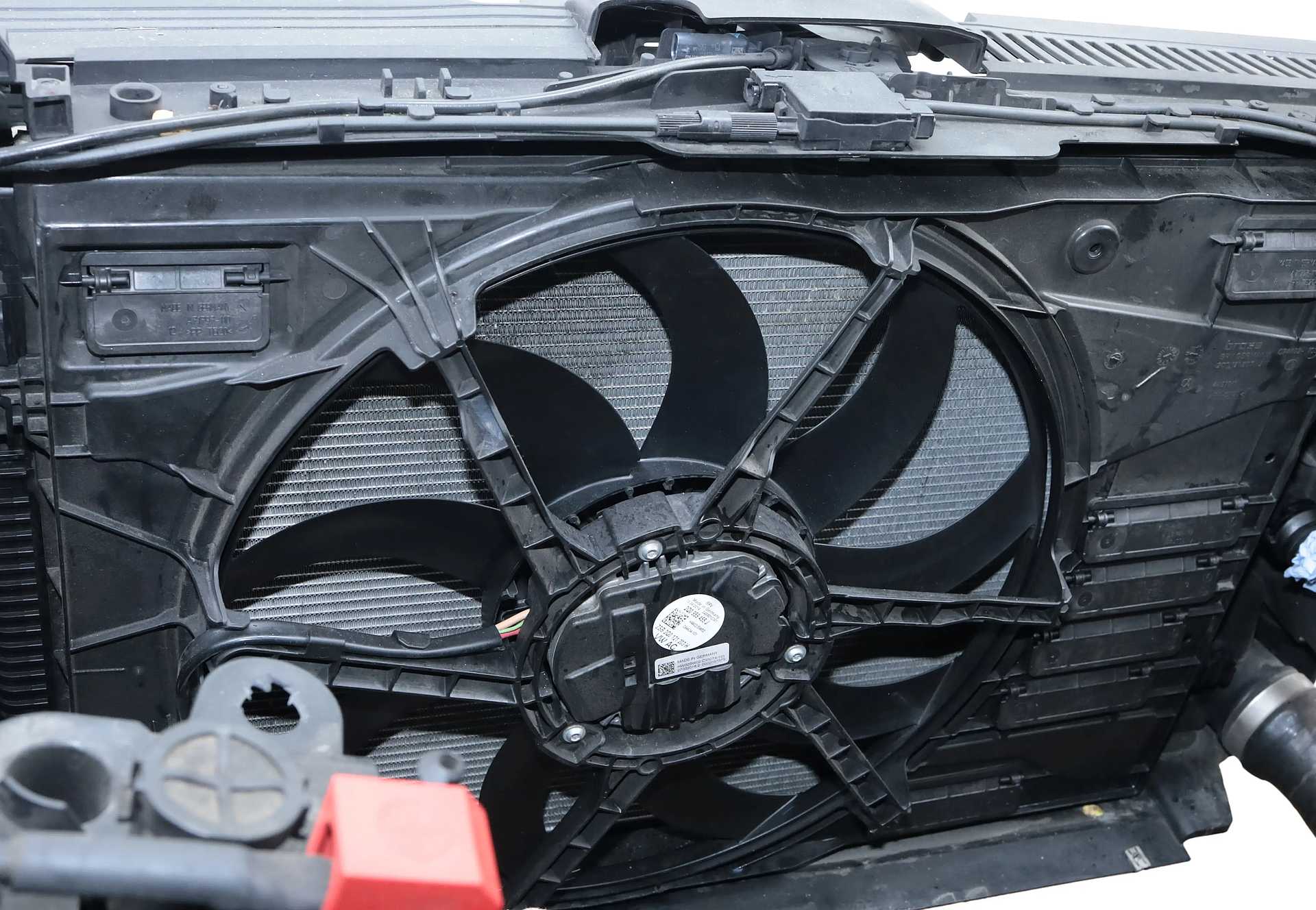
Intercooling - also important in tuning
Extreme heat is a performance killer everywhere and that is why intercooling also plays a role in performance tuning. That's why we have written a detailed report about intercooling in tuning.
Do you have questions about your cooling system?
We are happy to advise you! Just write us in the chat or visit our FAQs.

